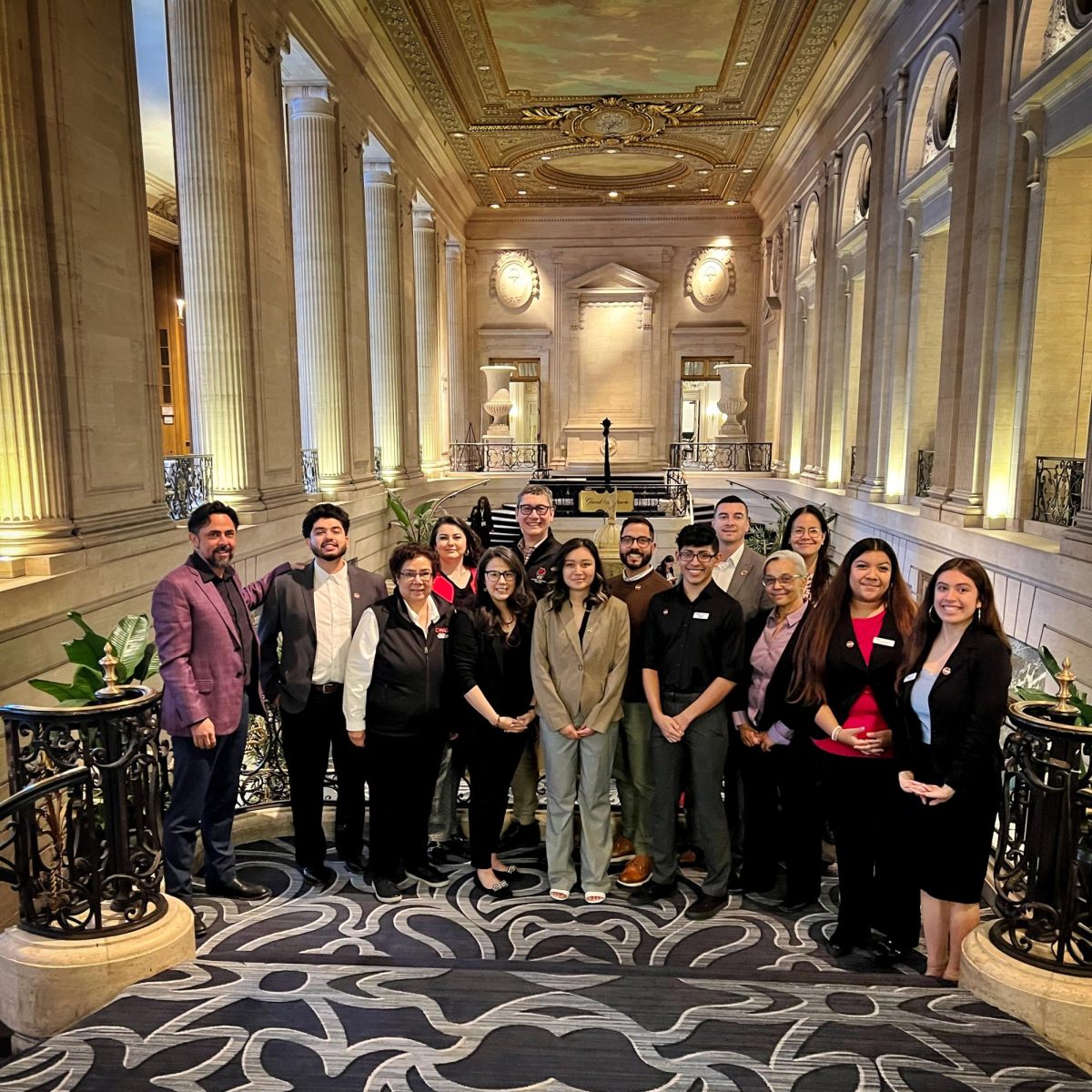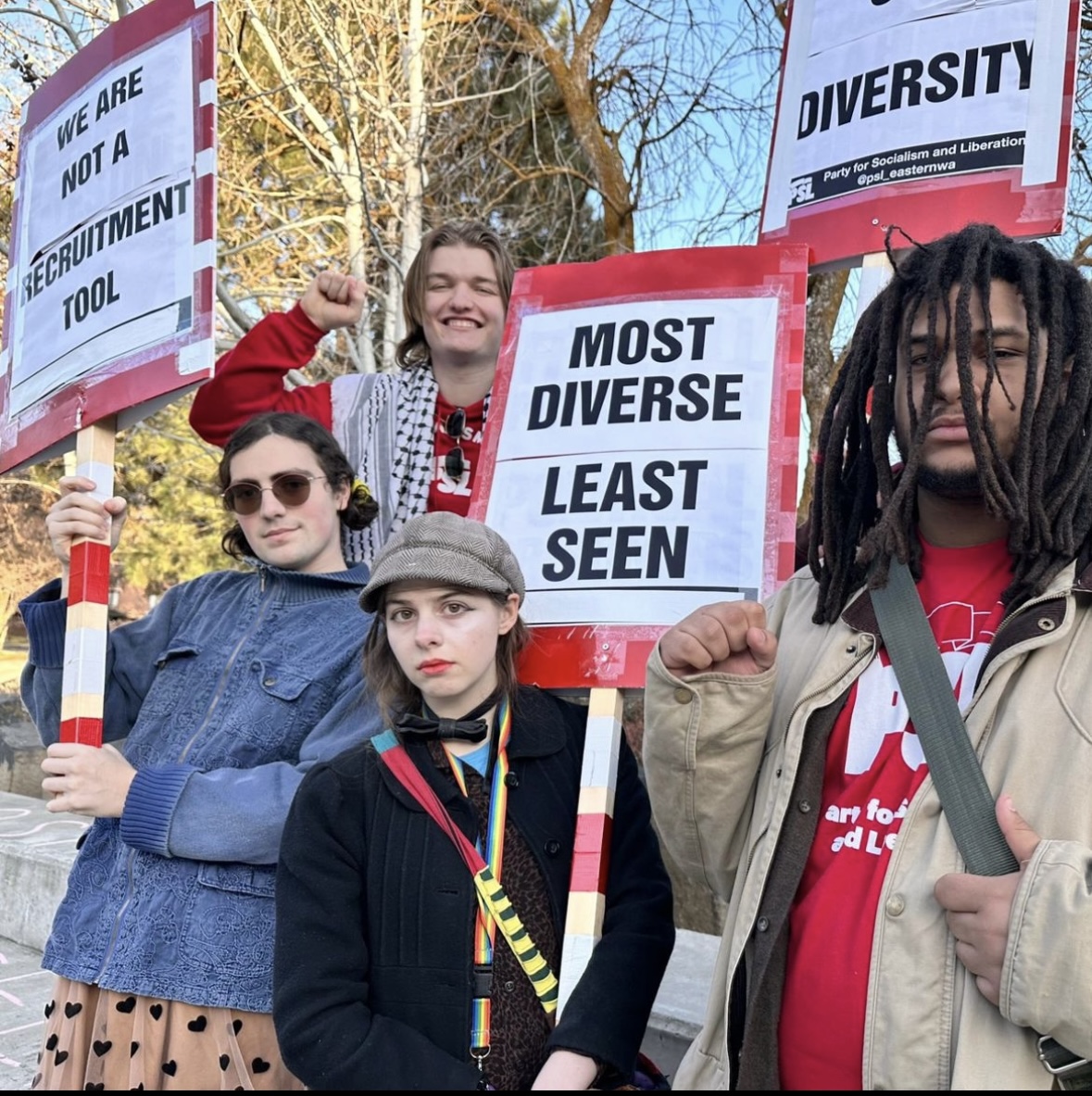BY Kelsie Miller
Staff Reporter
Two Central students will teach an education workshop on being an ally to transgender students this Monday.
The workshop, which will be presented to students in Central’s education department, aims to give future educators the tools to help their students navigate transgender issues.
Jeffrey Coté, a senior film and video studies major, and Kasey Eickmeyer, a senior sociology major, have been researching, writing and creating this workshop. Both students have a minor in women’s and gender studies.
They have had guidance and direction from a committee of faculty, but the workshop has mainly been their project.
Cindy Coe, chair of the women’s and gender studies program, initiated the project and asked for student participation. Other faculty that have been involved include Pam McMullin Messier from the sociology department, Kimberly McBride from the public health department, and Robyn Brammer from the psychology department.
Recently, the Ellensburg school district implemented a policy called Procedure 3211P, which deals with gender pronouns, locker-room and restroom accessibility, dress codes, harassment and more. Coe invited students to create a training based off of the new policy, and both Coté and Eickmeyer were interested.
“It was an opportunity to take everything I have been studying, talking about, yelling about and researching for two years, and put it into action to actually try to help young people,” Eickmeyer said. “We didn’t want to see the policy die. We wanted to elevate it, make it known, and do something with it.”
Coté and Eickmeyer had different experiences with gender and brought different experiences to the project. Coté said that he comes from a queer perspective, but cannot speak for transgender or gender queer perspectives. Eickmeyer identifies as an ally to the LGBT community.
“None of this is personal to me. I’m an ally to the community; I’m not part of the community myself,” said Eickmeyer. “For me, it’s all about listening, reading and taking what they say is important and voicing that on behalf of them.”
Coté and Eickmeyer are both graduating this spring, but the workshop and knowledge will be passed on to other students to train future educators at Central, as well as teachers, staff and students in the Ellensburg school district.
“The whole aim of what we are doing is to hopefully give educators the tools needed to provide safe spaces for their students and help them navigate their life and feel comfortable, loved and accepted,” Eickmeyer said.
Coté said that this workshop is a step to try and combat some of these issues and make the education system more accepting. The workshop includes information regarding privilege, gender identity, gender expression, attraction, microagressions and more interactive scenarios, as well as question and answer time.
“With the way our society is structured, it’s going to be difficult no matter what. But if we can educate people to try and at least be aware of these issues, then instances of things like micro aggression might decrease,” Coté said. “At the very least, if a teacher witnesses something, if a student is or harassing or intimidating another student, they’ll be able to recognize it and put a stop to it.”
Coe said one fear educators face is that they might make mistakes in their attempts to reach out to transgender students.
She said that this is a misplaced fear, and making an attempt creates a safe space and that being an ally is about trying.
Coté said the training would help future teachers to support students going through difficult times or questioning their identity. This is especially important because of the higher rates of depression in transgender and gender queer people, as well as the higher likelihood of bullying, harassment and intimidation.
“A lot of people don’t know what it is when they’re seeing it. If we’re able to educate people and teach them these things and tell them about what gender identity is, about what this experience may look like, then it may make all the world of difference to these kids,” Coté said.





